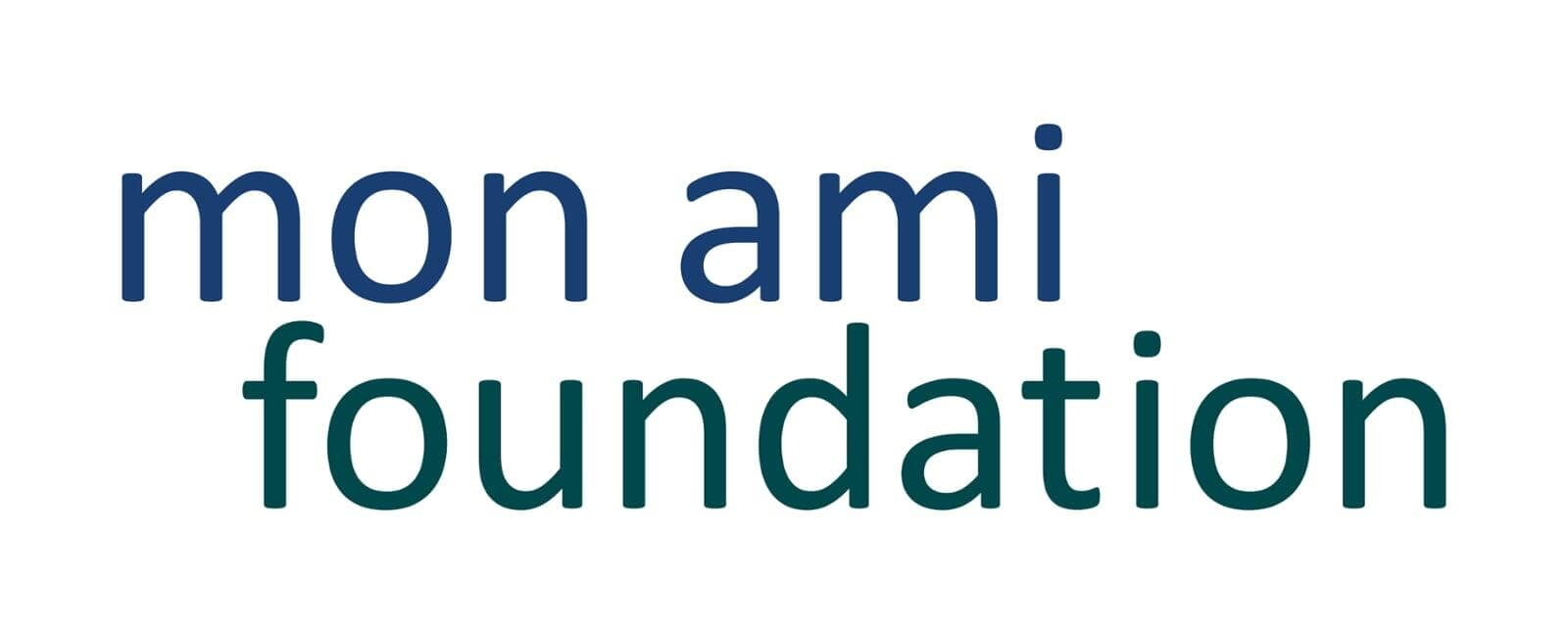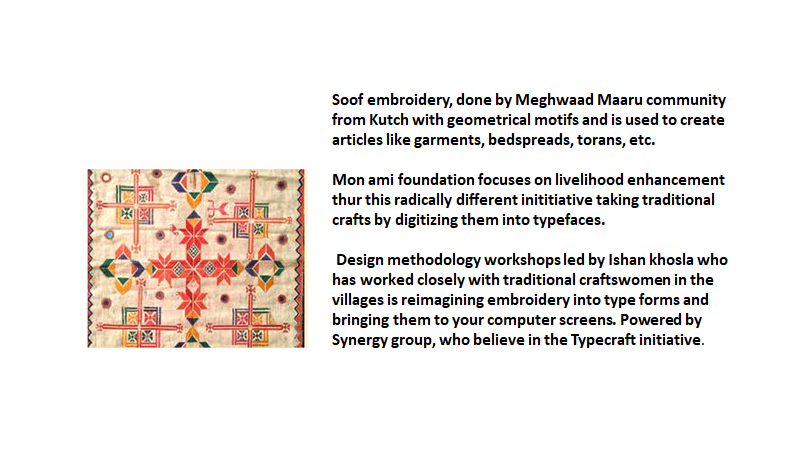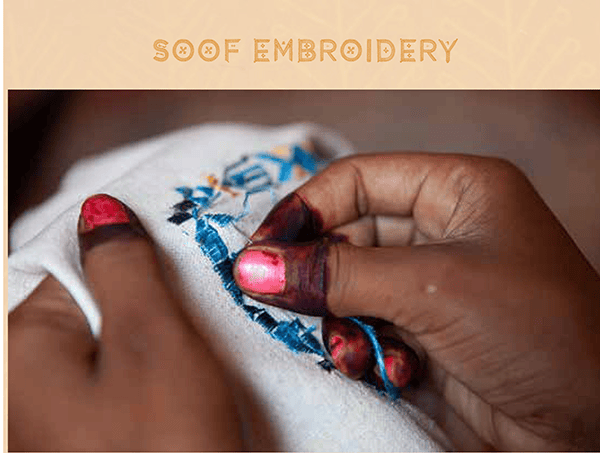Midnapur, West Bengal
Midnapur, West Bengal
40
Artisans
160
Families Supported
Rs25lac
Economic Impact
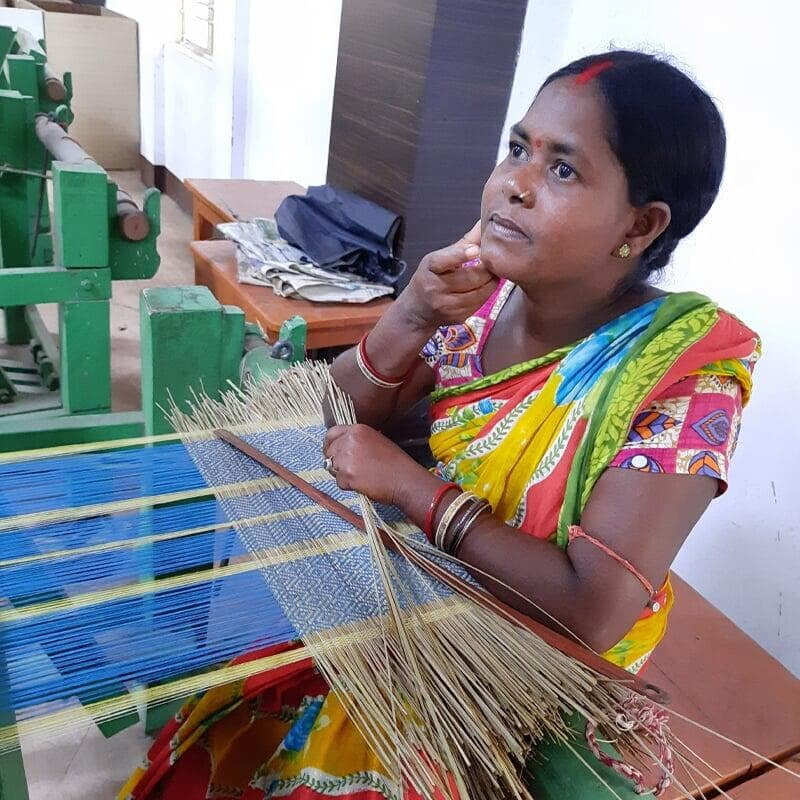
Midnapur, West Bengal - Madur Products
Midnapur, West Bengal - Madur Products
In Bengal, the word Madur is synonym to floor mats. Mats form an intrinsic part of the Bengali lifestyle, and they are made from natural fibres known as Madurkathi which is a rhizome-based plant found abundantly in the alluvial tracts of Purba and Paschim Medinipur. This craft dates back to the Indus Valley Civilisation and the mats made using this craft during the olden times were originally collected as revenue under the jagirdari system.
Mat weaving is the only source of income for most of its weavers and close to 90% of the workforce engaged in this heritage craft are women. The occupation of a chain of people depends on this labour-intensive craft which starts with the cultivation of reed i.e Madurkathi, cutting the reed when it grows up to 4 - 5 feet, soaking and dyeing of the madur sticks and then finally weaving the dyed and dried sticks into beautiful mats and other products. With different people involved at the various stages of this entire process, the Madurkathi craft remains extremely vital for them as their livelihood depends on the income earned from it. The problems faced by the craftsmen are many, as a result of which we face the threat of not only having such an indigenous rural craft go extinct but also losing our treasured craftsmen who end up looking for alternate sources of income.
To help these traditional weavers, Mon Ami Foundation along with Dalmia Bharat Foundation, worked at improving and providing better resources for their overall upliftment. The Mon Ami team helped in bringing a more contemporary look and feel to their products to help them establish a niche in the urban set-up and make their creative outcomes more relevant for the modern markets. The weavers were more inclined towards working on their traditional designs and techniques known as Shital Pati which loosely translates to cool mats that are ubiquitous in every household in Midnapur but unfortunately do not have much scope in the modern household. Product diversification was explored and successfully implemented under intensive training from master craftsmen. The weavers learnt new weaving techniques along with modern designs that ultimately made them realise how diverse their craft can be, making their primary source of income more sustainable.
Women Artisans:
Women Artisans:
Migrant Workers Livelihood Project
Location:
Location:
Midnapur, West Bengal
CSR Initiative by:
CSR Initiative by:
Dalmia Bharat Foundation
Impact
- With the help of training received from the Mon Ami team, the Midnapur weavers learned how to diversify their product range and move from weaving just simple mats to many other items that have better scope and acceptability in the urban homes like table mats, runners, yoga mats, file folders, slip-ons, trays, lamps etc. The weave patterns for the new range were also more contemporary and up-market that helped these weavers take their ancestral craft to a whole new level.
- As the weavers were trained to match up their skills to the international standards, they also became aware of production scale-up that goes hand-in-hand with achieving global presence. They became more conscious about maintaining the level of standards with respect to design, colours, weaving and finishing in the entire lot of products created by them to ensure dependency, repeat orders and customer satisfaction.
- Since the new products developed by the Midnapur weavers were more upscale, the platform to market this new and fresh range also had to be high-end, so as to get an appropriate price for all the hard work that they had put in and achieve the economic stability that they had been aiming for.
- At the onset, some of the weavers who became a part of this project were jobless and the training helped them to get back on their feet and move towards a more dependable source of livelihood. Since this craft is labour-intensive, people are needed at the different stages of its production like weavers, during the weaving process and tailors, during the stitching process. The coaching helped them become more skilled and proficient in their own specific areas.
Udham Singh Nagar, Uttarakhand
Udham Singh Nagar, Uttarakhand
120
Artisans
500
Families Supported
Rs56lac
Economic Impact
Udham Singh Nagar, Uttarakhand
Udham Singh Nagar, Uttarakhand
120
Artisans
500
Families Supported
Rs56lac
Economic Impact
Women Artisans:
Women Artisans:
Skills and Livelihood Project
Location:
Location:
Udham Singh Nagar, Uttarakhand
CSR Initiative by:
CSR Initiative by:
JBGVS
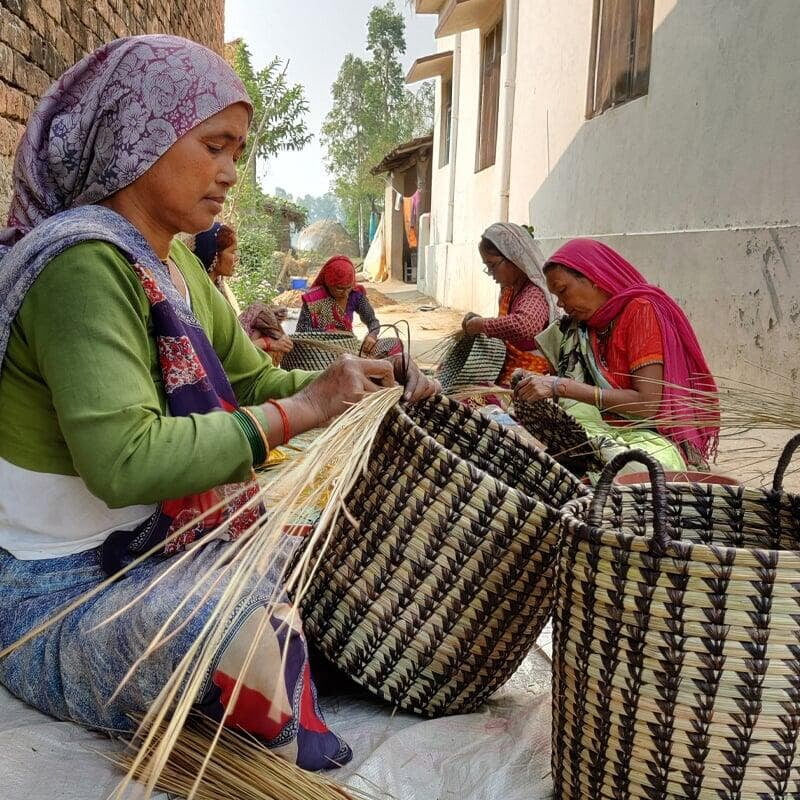
Udham Singh Nagar, Uttarakhand - Moonj Project
Udham Singh Nagar, Uttarakhand - Moonj Project
The Tharu people, a tribal community nestled in the Terai and Bhabar region of Uttarakhand, consider themselves as the “people of the forests” since they are mainly involved in agricultural work. Tharu women take a lot of pride in their artistic skills as they are extremely proficient weavers. They use their traditional skills to create beautiful baskets with intricate designs, exciting colours and patterns using the locally available grass i.e Moonj.
This skilled art form which has been practiced by the Tharu women for more than 60 years has remained wedged to its traditional patterns and weaving techniques with very little observation towards how far this craft has evolved throughout the world. Besides the fact that their beautifully handcrafted pieces have been replaced by plastic and other readily available options in the market, there is a huge opportunity existing in the international sector for Moonj grass products, provided they meet the global standards which made it vital for support and further sustenance.
Mon Ami Foundation along with USN District, Uttarakhand and JBGVS lent their support to not only preserve this folk-art form but to also help the women artisans evolve and make their work more adaptable for the urban/ international set-up. It involved working closely with the women artisans, introducing them to modern designs and forms through multiple rounds of product development. Since the training happened during the lockdown period, the women were trained by master artisans over 8 online sessions and 2 workshops. They were given extensive market exposure with respect to modern designs, new colour palette and technical processes along with a comprehensive session on costing, market outreach, utility and product display.
Impact
- The Tharu women initially were more inclined towards making big size baskets using very simple weave patterns with a random use of colours that had very limited end usage as per global standards. However, after the end of the training period they became more aware of the market requirements in terms of designs, colours, new weave patterns, product finishing, costing etc which they applied in developing an entire range of Moonj products which was named as “The Terai Range”.
- The women artisans had worked very hard in developing their new array of products which consisted of close to 20 marvelously handcrafted pieces that were totally apt for the modern world. This included planter baskets, lidded baskets, trays, tote baskets, two-tone animal weave baskets and much more in beautiful colours and different sizes to suit various requirements.
- The entire range of Moonj products that the Tharu women had created was given a large audience as they were put up on different well established online platforms for sale which further helped in creating market linkages for their products. The products were also made a part of different fairs held in various cities to accomplish a better outreach.
- The women artisans became more confident with their skills as they were now equipped with the knowledge of what all goes into establishing a strong foothold in the basketry craft business.
Project Name:
Project Name:
The type Craft Initiative
Location:
Location:
Bhuj , Gujarat.
CSR Initiative by:
CSR Initiative by:
Synergy Consulting India Pvt. Ltd.

This project has been funded by Synergy Consulting Inc. as a part of their CSR initiative to help rural woman generate income and livelihood for skilled craftswomen of India, in collaboration with traditional artisans associated with Kala Raksha, Bhuj , Gujarat.
This project has been funded by Synergy Consulting Inc. as a part of their CSR initiative to help rural woman generate income and livelihood for skilled craftswomen of India, in collaboration with traditional artisans associated with Kala Raksha, Bhuj , Gujarat.
This project has been funded by Synergy Consulting Inc. as a part of their CSR initiative to help rural woman generate income and livelihood for skilled craftswomen of India, in collaboration with traditional artisans associated with Kala Raksha, Bhuj , Gujarat.
In 1993, KALA RAKSHA was established as a registered society and trust. Comprising of artisans, community members, and experts in the fields of art, design, rural management and museums, KALA RAKSHA today works with nearly 1,000 embroidery artisans of seven ethnic communities http://www.kala-raksha.org/
The Typecraft Initiative was started by Ishan Khosla and his vision for the project is to be more involved in creating Indic typefaces in scripts such as the devanagari and dravidian systems. https://ishankhosla.com/
The primary goal of this initiative is to help artisans sustain their livelihood through the creation and sale of the typefaces. The typefaces are meant to inspire, create awareness and generate further interest in the art, history, context and life of the people and the communities we work with. The typefaces are not only an archive of the IPR of communities that are on the brink of merging with mainstream society, but they are meant to be a celebration of their rich artistic heritage that through the creation of a digital typeface have converted to a contemporary medium.
http://www.typecraftinitiative.org/ Other areas where the Typecraft initaitive have been taken.
Project Name:
Project Name:
The Type Craft Soof Latin Typecraft
Location:
Location:
Kutch , Gujarat.
CSR Initiative by:
CSR Initiative by:
Synergy Consulting India Pvt. Ltd.
Project Name:
Project Name:
Pastoral livelihoods
Location:
Location:
Sadri, Rajasthan
CSR Initiative by:
CSR Initiative by:
Lokhit Pashu-Palak Sansthan (LPPS),
With limited use for camels as a utility animal, there was a decline in the number of people who bred camels for a living. Recently the state of Rajasthan announced the camel as its state animal and this has seen a revival to an extent.
Camel wool is a sought after product internationally and is used in textiles. Camel milk and its by-products are sold for its medicinal value. Intake of camel milk is believed to have great benefits for autistic children and camel milk is also used in the manufacturing of soaps. Paper made from camel dung is made from living trees and shrubs that grow naturally in the desert and no tree has to be cut.
Mon Ami Foundation works closely with LPPS, using their expertise to make the project more marketable and commercially viable. We bring in our extensive network and strategic links to ensure the project is effective.
Description of the Project
A sustainability project that involves a liaison with the NGO Lokhi Pashu-Palak Sansthan (LPPS), based in Sadri, Rajasthan who work with the Raikas, a community of camel herders, to make paper made of the animals dung. Mon Ami Foundation plays the role of a facilitator or enabler bringing in strategic partners who help enhance the quality and increase the marketability of the paper. For instance, we have brought on board IIT Rourkee. Research students are currently working with on-ground field workers to explore utilising camel dung for other options such as paper mache. Mon Ami Foundation is also looking at improvising the processes for the soaps made with camel milk and the textile produced from camel wool. We are currently trying to see how best to make the coarse camel wool to fine wool products so that we can produce durries as well as fine baby stoles and shawls.Main Objective
To promote camel breeding as a means of livelihood while also encouraging environmental sustainability.To build a marketing framework for the by-products such as camel wool, camel milk (soaps and packaged milk) and camel dung (to manufacture paper)
Way Forward:
Include more people from the Raika community to partner with LPPS- To continue our efforts to improve product quality and marketability through our strategic linkages
- To find alternate uses of the camel wool, camel milk and camel dung and to extend the product line in future
Why You Should Fund:
Funding is required in order to expand the market for the products that are produced from the camel dung, camel wool and camel milk. Our effort at Mon Ami Foundation is to create quality products that contribute to the sustainability of the region. Quality control and marketing efforts are expensive and this is where we need your support.Project Name:
Project Name:
Project Ektara
Location:
Location:
NCR Region
CSR Initiative by:
CSR Initiative by:
Monami Foundation
Project Name:
Project Name:
Dental Health Camp
Location:
Location:
NCR Region
CSR Initiative by:
CSR Initiative by:
Mon Ami Foundation
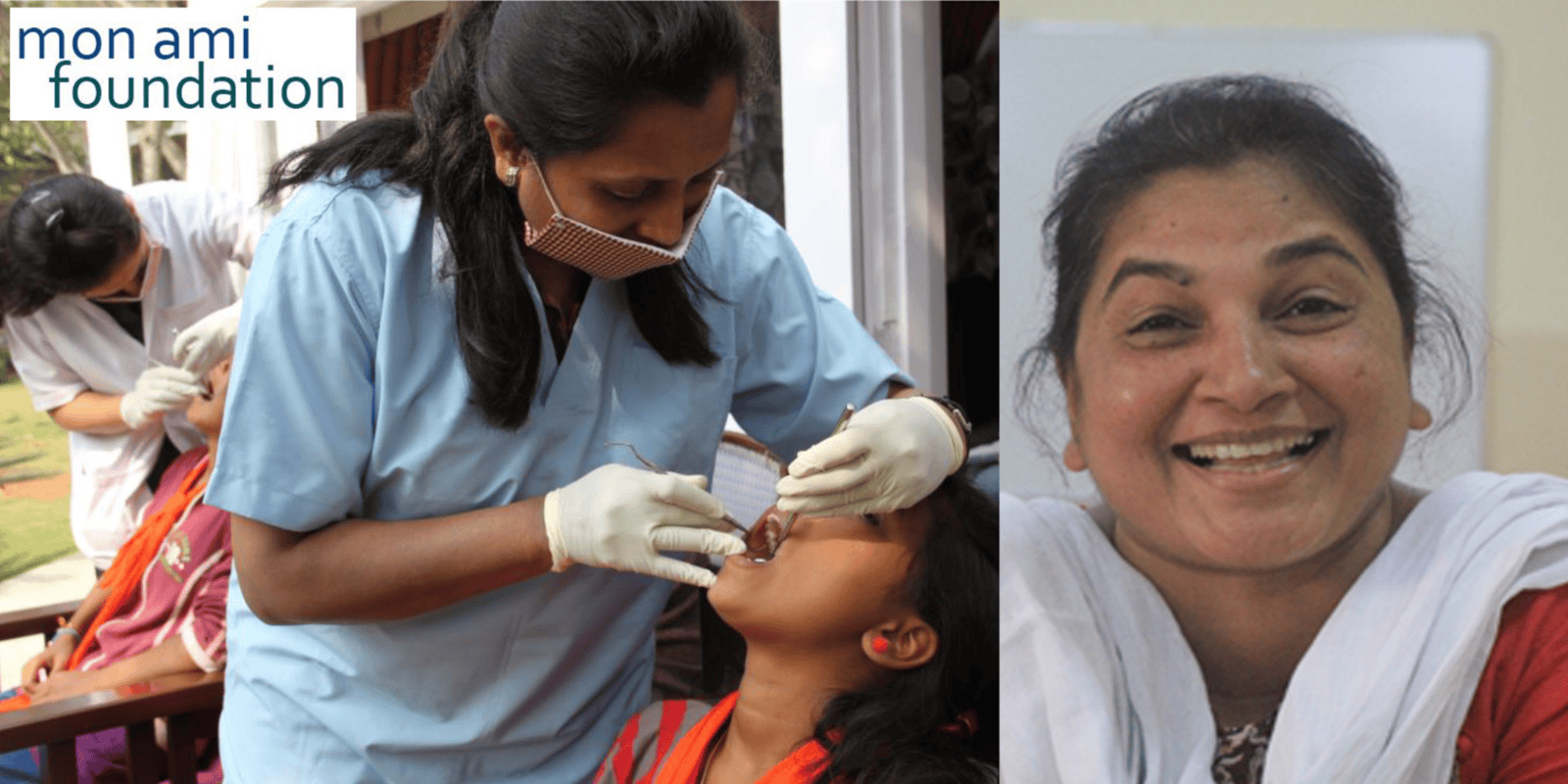
Celebrating Labour Day, 8th May 2017
Preventive Healthcare Programme. A Dental health check-up camp for all the staff members at The Shri Ram School, Aravalli Gurgaon.
The Bhaiyas and Didis at The Shri Ram School- Aravalli are an integral part of raising the next generation of citizens. The management at the school clearly understands and appreciate their untiring efforts in doing so.To ensure the wellbeing of all the housekeeping, catering and other staff, the school organized a Dental Camp along with Mon Ami Foundation, a not for profit, registered trust.
Dr. Neha Agarwal a practicing dental surgeon with over 18 years of experience led the camp, accompanied by Dr. Supreet Kaur and Dr. Shalini.
Each of the approx. 160 participants were checked thoroughly and were given prescriptions by the doctors as well as follow up treatment was advised in some cases.
Everyone of them carried back a toothpaste and a promise to keep dental hygiene!!
